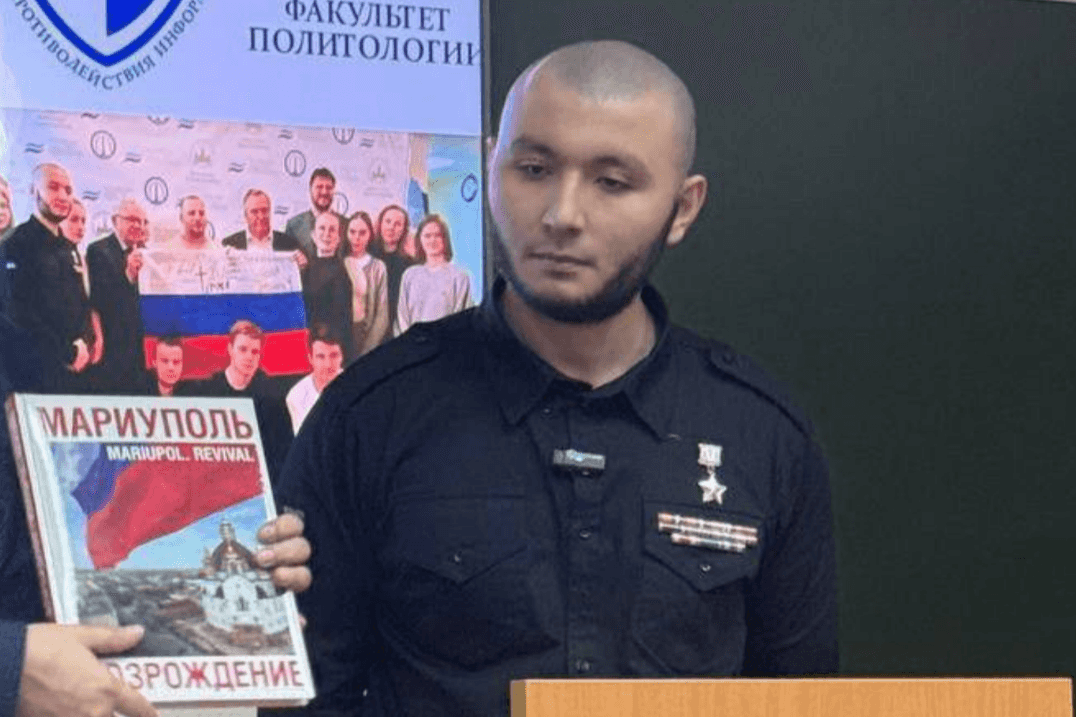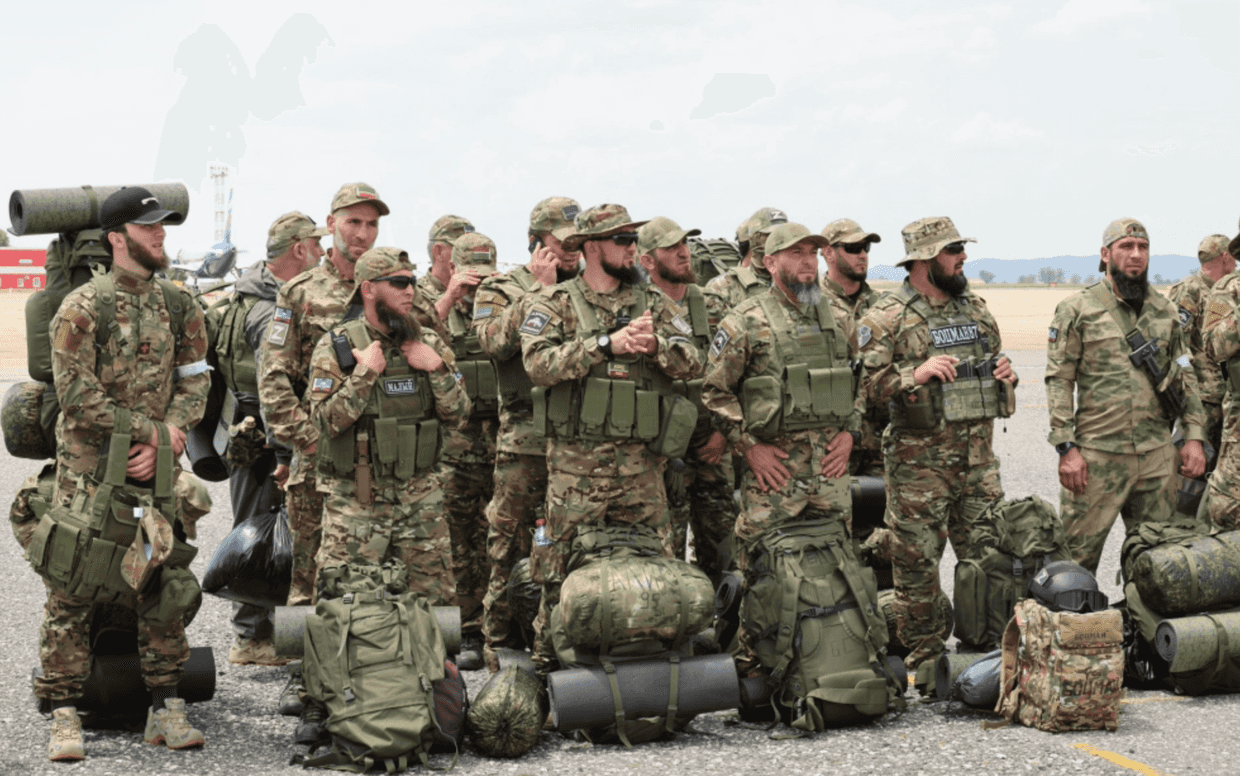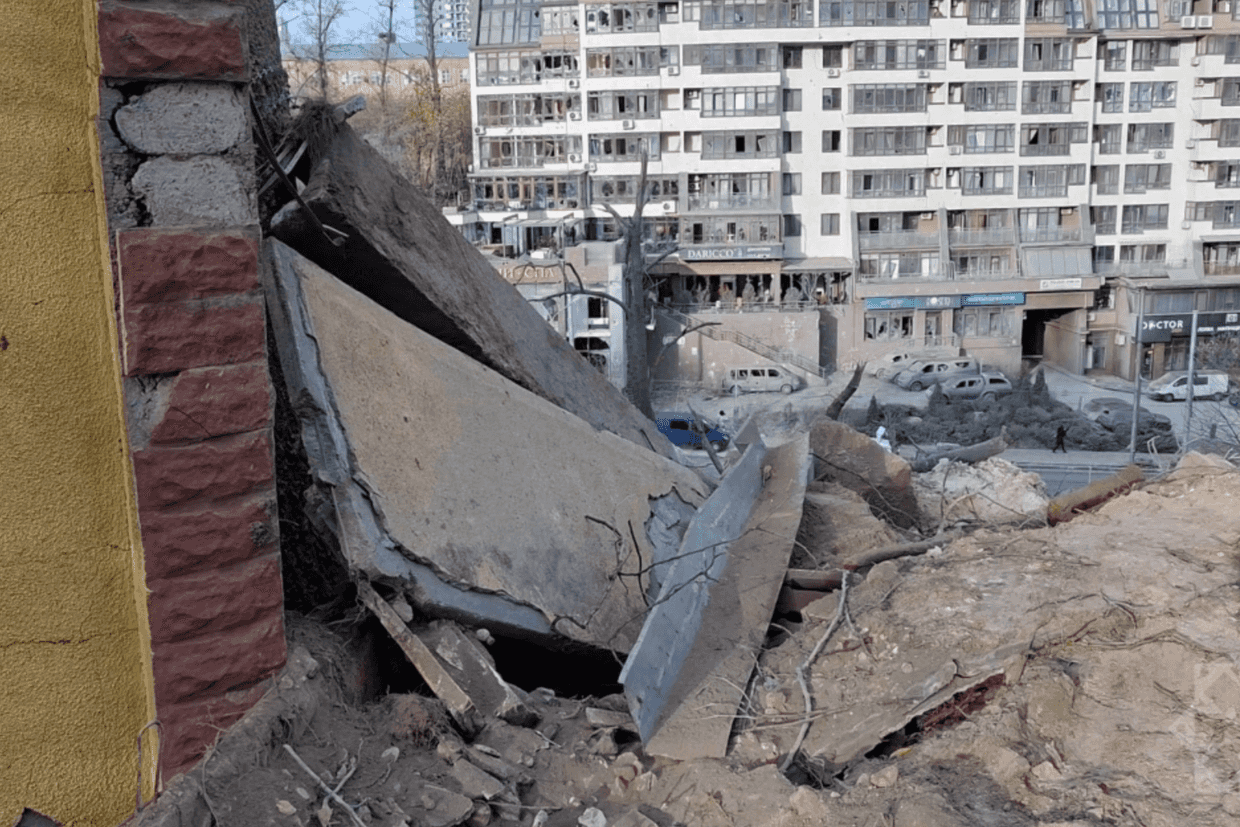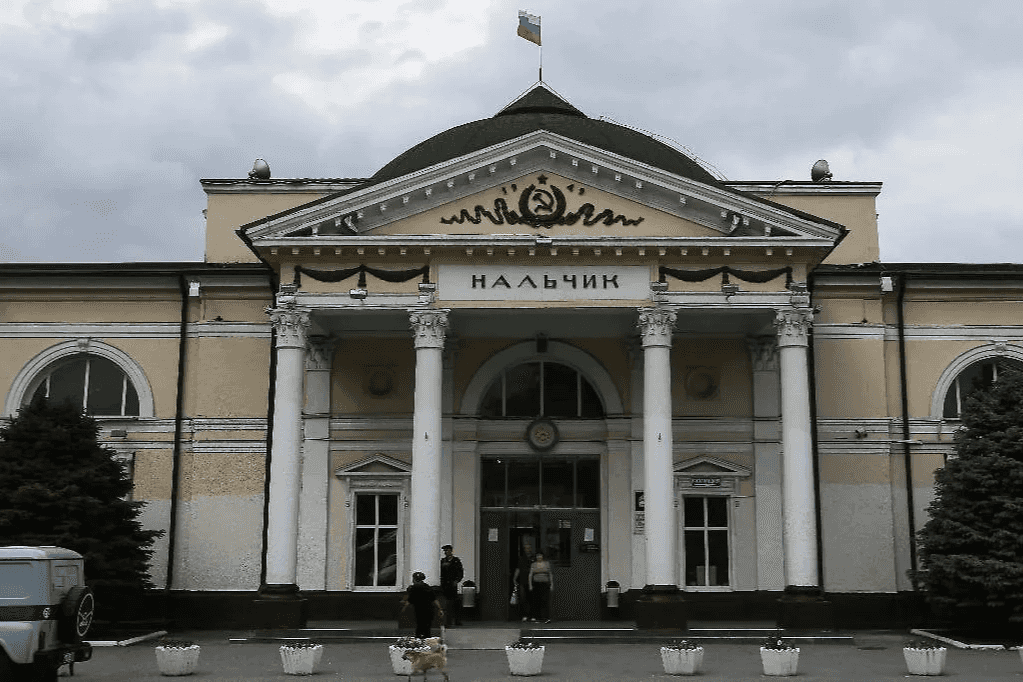Memorial investigation reveals Chechens are forcibly conscripted to fight in Ukraine

An investigation by the Memorial Human Rights Centre has found that a mass wave of unlawful detentions has been sweeping through Chechnya, suggesting that those detained are being forcibly sent to fight in Russia’s full-scale war in Ukraine.
No official information has been released on the matter.
According to Memorial, this latest wave of mass detentions began after Chechen head Ramzan Kadyrov made statements urging Chechens to ‘go to war’.
On 9 October, at a meeting with security officials, Kadyrov announced the formation of a new 2,500-strong regiment in the republic. He also threatened to forcibly send young residents of the republic who commit administrative offenses and lead ‘idle and immoral lifestyles’ to fight in Ukraine.
On his Telegram channel later that same day, Kadyrov wrote that ‘troublemakers and violators of the order’ would be given a choice — either participate in the full-scale invasion of Ukraine or ‘go to jail for the maximum possible term’.
Kadyrov also wrote that young Chechens who violate public order and disgrace their people in other regions of Russia should be collected and brought to the republic by plane for ‘re-education’.
A few weeks later, Memorial recorded the first abductions and detentions.
Mobilisation in Chechnya intensified further after a drone attack on a special forces university in Gudermes on 29 October. Following the attack, Kadyrov stated that there were 84,000 men of military age in Chechnya and that ‘now these 84,000 must be told, if they are men, they must go to war’, and to achieve this, ‘all these 84,000 must be reported to the military enlistment offices and called up voluntarily’.
Kadyrov repeated the same figure on 12 December after another drone attack on Chechnya.
According to Memorial, citing its respondents, each police unit in the republic — namely district departments and patrol service units — has been tasked with recruiting 25 to 50 ‘volunteers’ to send to the frontlines in Ukraine.
Chechen law enforcement have since been carrying out mass checks of citizens at police checkpoints. At the slightest hint of any violation — including traffic violations or the lack of mandatory documents such as proof of insurance — they are detained and taken to police departments where they are subjected to psychological pressure and physical abuse, and then forced to sign a military contract.
Memorial also reported that law enforcement officers infiltrate online communities and chat groups whose participants might criticise the regime in Chechnya. Those identified as ‘unreliable’ through this method are also forced to sign up as ‘volunteers’.
According to the Memorial investigation, ‘recruitment’ is carried out without a preliminary medical examination, so those with serious health problems remain among the ‘candidates’.
They noted that even in known cases where the Ministry of Defence refused to sign a contract due to health issues, law enforcement officers still forced relatives to pay a large sum of money to release the person’.
In addition, the report found that Chechen residents are sometimes forced to recruit two new volunteers if they want to get their detained relative back.
Memorial did not state in their report how many Chechens were surveyed as part of the investigation.
Forced conscription for Russia’s full-scale war in Ukraine has been reported previously. For example, people have been sent to the front for drinking alcohol or using drugs, for suspected homosexuality, or for family ties to critics of Kadyrov, such as the cases of the members of the Yangulbaev family, the brother of opposition blogger Hasan Khalitov, and the nephew of politician Akhmed Zakaev.
In August, Kadyrov reported during Russian President Vladimir Putin’s visit to Chechnya that the republic had sent 47,000 fighters to Ukraine since the start of Russia’s full-scale invasion in 2022, including 19,000 volunteers.









